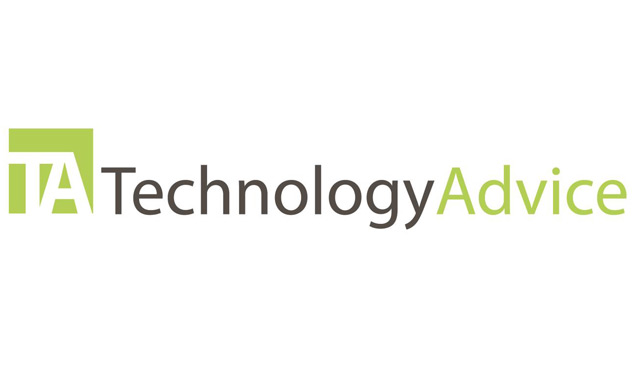Telemedicine is one of the most promising frontiers in modern healthcare. Virtual appointments with physicians, conducted over video
or even by phone, can help alleviate the strain on general practitioners, further preventative care, and reduce overall costs. Major companies
such as Rite Aid are already laying the infrastructure for nationwide systems.
In order for telemedicine to live up to its promise, however, patients must first embrace it. While the medical community has shown support
for telemedicine, we wanted to investigate whether the idea of virtual appointments is widely accepted among the general populace. In order
to answer this, TechnologyAdvice Research surveyed a total of 504 U.S. adults about whether they would be comfortable using a telemedicine
service, whether they would trust a virtual diagnosis, and what factors might make them more inclined to use such systems.
The answers to these questions can help healthcare providers better appeal to potential patients, and alleviate concerns over the reliability or
use of virtual appointments.
Respondents showed a number of hesitations about telemedicine, both in regards to using remote services and the quality of diagnoses made during such appointments. Only 35.3 percent of people said they would be likely to choose a virtual appointment over an in-person one. Improving this number will be crucial to the long-term success of telemedicine.
Some of the current hesitation towards these services may be tied to confusion about how the services work, along with patient age. When asked how much they would trust a virtual diagnosis, more than half (54.1 percent) of respondents over 65 years old said “I would not trust a virtual diagnosis.” Just 16.9 percent of 18-24 year olds said the same thing. Similarly, a combined total of 62.6 percent of people said they would
be somewhat or much more likely to schedule a virtual appointment if they had previously seen the doctor in-person. This suggests there may be concerns about the quality of physicians on telemedicine platforms.
We also found multiple opportunities for healthcare providers and vendors to increase the appeal of telemedicine services. Approximately 70 percent of respondents said they would be more likely to use a video-based telemedicine service if it offered one of the following four advantages: more convenient scheduling options, lower cost, less time spent in the waiting room, or the ability to conduct appointments from home.
Many current systems can already offer these benefits, which suggests there is a large, existing audience for telemedicine services if vendors can effectively highlight the benefits.
In order to gauge general acceptance of telemedicine, respondents were asked whether they would be comfortable conducting a doctor’s appointment through a video-based telemedicine platform.
Key Findings
• 55.9% of people would be somewhat or very uncomfortable with conducting a doctor’s appointment via telemedicine
• Just 35.3% of people would be likely to choose a virtual appointment over an in-person one
• Approximately 75% of people would not trust a virtual diagnosis, or would trust it less than an in-person one.
• 51.8% of people said that more convenient scheduling options or lower cost would make them more likely to use a telemedicine service
• 65% of people would be more likely to conduct a virtual appointment if they had previously seen the doctor in-person
• 63.5% of people would be comfortable conducting a virtual appointment at home, but only 7.5% would be comfortable doing so from a retail kiosk
For complete study, click here


































